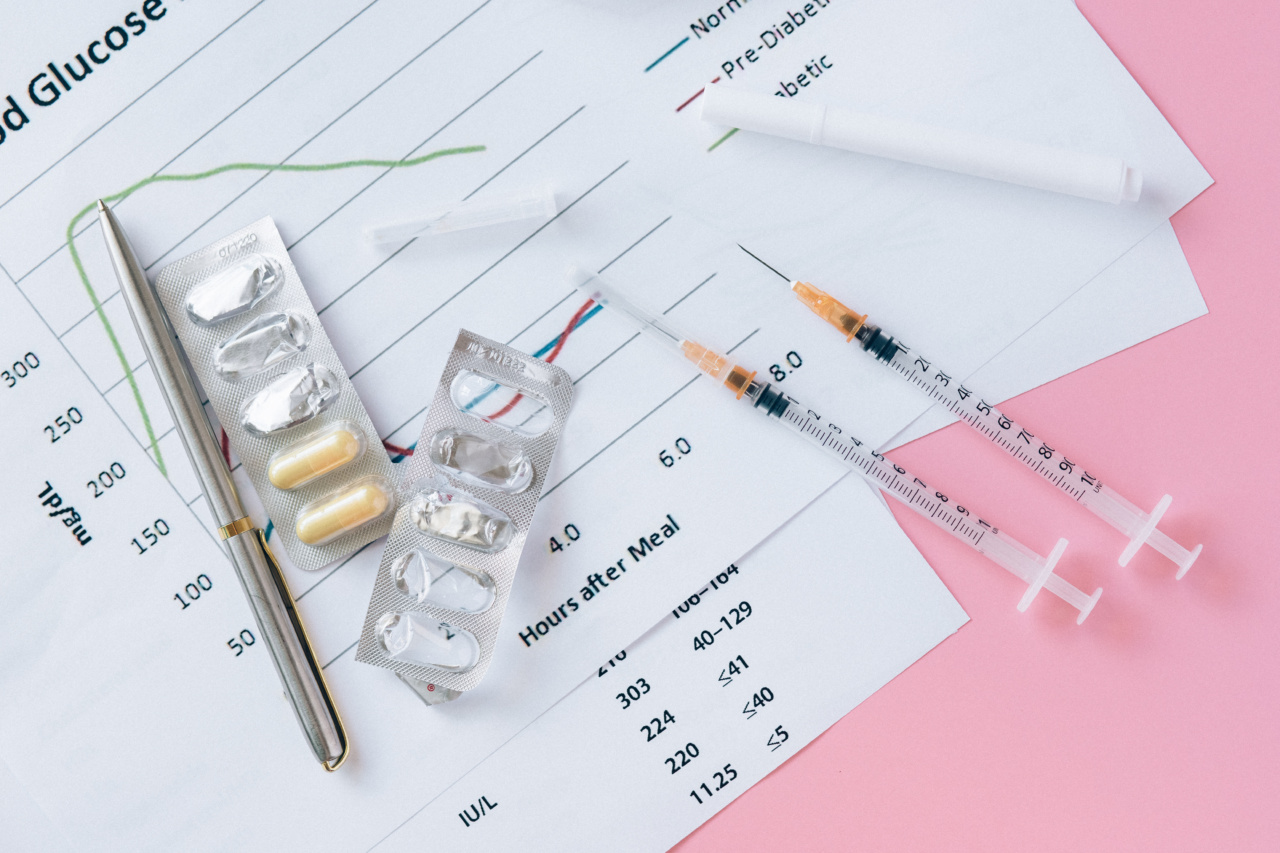Longevity has been a popular topic for years, with many people looking for ways to live longer, healthier lives. One way to improve one’s chances of a longer life is through diet.
However, there are many myths and misconceptions about the longevity diet that have persisted through the years. In this article, we will take a closer look at the data to separate fact from fiction.
Myth: All Carbs Are Bad
The first myth we will tackle is the belief that all carbs are bad. While it is true that some carbs are unhealthy, such as those found in sugary drinks and processed snacks, not all carbohydrates are created equal.
Whole grain carbs, fruits, and vegetables are all important sources of fiber, vitamins, and minerals that are essential for maintaining good health. In fact, research has shown that a diet higher in whole grains is associated with a reduced risk of heart disease and other chronic conditions.
Fact: Healthy Fats Are Beneficial
Contrary to popular belief, not all fats are bad for you. In fact, some types of fat are essential for good health.
Healthy fats, such as those found in nuts, seeds, avocados, and fatty fish like salmon, can help reduce inflammation in the body, lower the risk of heart disease, and improve brain function. It’s important to note, however, that not all fats are created equal, and excessive intake of unhealthy fats, such as those found in fried foods and processed snacks, can lead to health problems.
Myth: Protein Is All You Need
Another common misconception is the idea that a high-protein diet is essential for good health. While protein is an important nutrient that helps build and repair tissues in the body, it should not be the only focus of your diet.
Eating a balanced diet that includes a variety of fruits, vegetables, whole grains, and healthy fats is key to maintaining good health. In fact, too much protein can be harmful, especially if it comes from sources high in saturated fat, such as red meat.
Fact: Plant-Based Diets Can Be Healthier
Studies have shown that plant-based diets, which focus on fruits, vegetables, whole grains, and legumes, can be healthier than those that are higher in animal products.
Research has linked plant-based diets to a reduced risk of chronic conditions, such as heart disease, type 2 diabetes, and certain types of cancer. This may be due to the fact that plant-based diets are typically lower in saturated fat and higher in fiber than diets that are rich in animal products.
Myth: Supplements Are the Key to a Healthy Diet
Many people believe that taking dietary supplements is essential for good health. While some supplements may provide certain health benefits, such as vitamin D for bone health, they should not be relied upon as a substitute for a healthy diet.
Eating a balanced diet that includes a variety of nutrient-rich foods is the best way to ensure that your body gets all the vitamins and minerals it needs.
Fact: Caloric Restriction Can Extend Lifespan
One practice that has been shown to extend lifespan and improve health is caloric restriction. This involves reducing your overall calorie intake while still consuming all of the necessary nutrients.
Research has shown that caloric restriction can help improve insulin sensitivity, lower inflammation, and reduce the risk of chronic conditions, such as heart disease and cancer.
Myth: You Can Outrun a Bad Diet
Many people believe that as long as they are physically active, they can eat whatever they want without negative consequences. However, this is simply not true.
Eating a healthy diet is essential for good health, regardless of how much physical activity you engage in. While exercise can help improve fitness and cardiovascular health, it cannot make up for a diet that is high in processed foods, sugar, and unhealthy fats.
Fact: Eating Mindfully Can Improve Health
Finally, one fact that is important to keep in mind is that eating mindfully can improve health. This involves paying attention to your hunger and fullness cues, eating slowly, and consuming meals in a calm environment.
Research has linked mindful eating to lower calorie intake, improved digestion, and decreased stress levels.
Conclusion
Overall, there are many myths and misconceptions about the longevity diet that have persisted over the years. However, by looking at the data, we can separate fact from fiction and make informed decisions about the foods we eat.
Eating a balanced diet that includes plenty of fruits, vegetables, whole grains, and healthy fats is essential for maintaining good health and longevity.






























